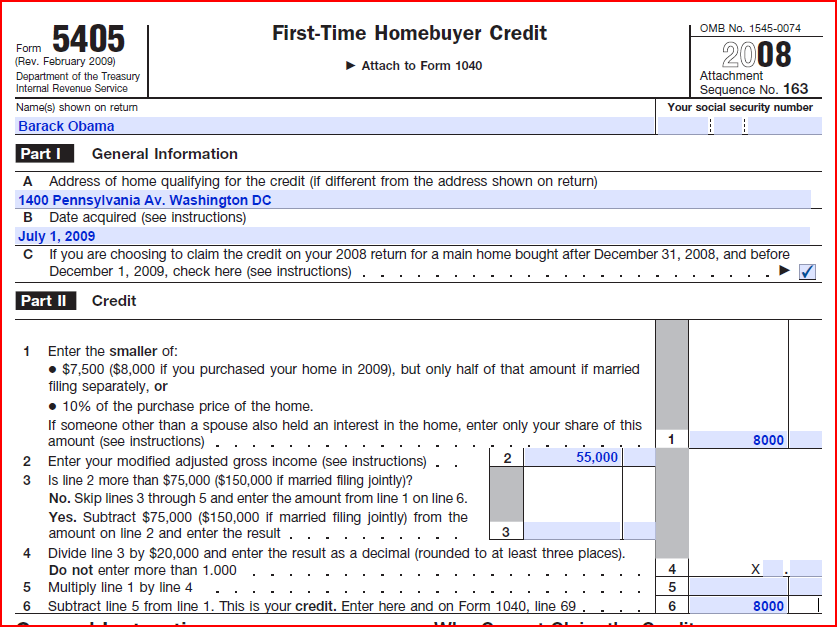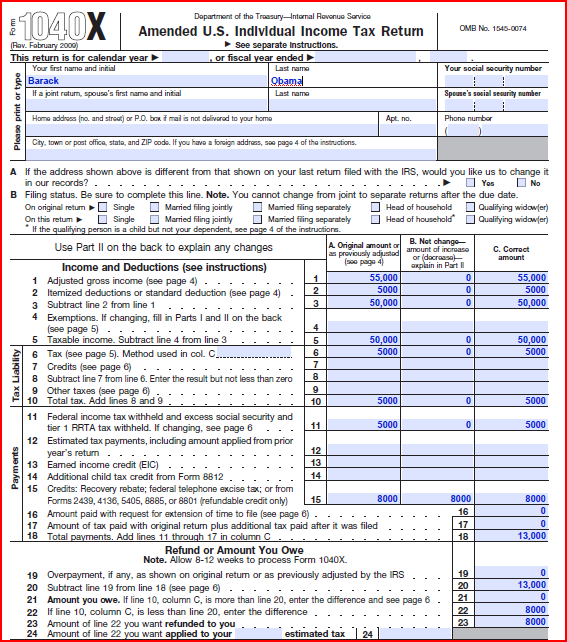 (4/14/11- This post was recently updated here.)
(4/14/11- This post was recently updated here.)
Fannie Mae is perhaps the most difficult seller of foreclosed homes. Fannie Mae and Freddie Mac own more than half of the country’s mortgages. Delinquencies of Fannie Mae homes are rising, so we will likely see more and more of these. Unfortunately, Fannie Mae pops up a lot as a seller of REO (real estate owned) foreclosed properties and I always cringe when I get one of these contracts.
Why is the purchase of a Fannie Mae foreclosure different from any other foreclosure buy? Let me count the ways:
1. The Infamous Addendum
All REO sellers make the buyer sign an Addendum. The Fannie Mae Addendum is tricky and close to incomprehensible. When a buyer makes an offer, the buyer signs a standard real estate contract and sends it to the listing agent. Fannie Mae doesn’t sign this contract. It verbally accepts the contract. (Never mind that real estate contracts have to be in writing an can’t be verbal–they’re Fannie Mae, and if they feel like undoing centuries of contract law…you better get used to it)
Once the contract is verbally accepted, then the listing agent sends the poor, unsuspecting selling agent the Addendum. The buyer then signs and returns the Addendum. Usually, it takes about three weeks from the time the Addendum is signed by the Buyer to get a signed contract and Addendum back signed from Fannie Mae. It takes FOREVER to get these back. I have a file now that is ready to close according to the closing date in the Addendum, but we don’t even have the signed contract and Addendum back yet from Fannie Mae.
2. Confusion on the Verbal Acceptance Date and the inspection
The main problem with the Addendum is that the home inspection contingency period begins on the verbal acceptance date and runs for 7 days from that date, not on the date that the contract is accepted in writing by Fannie Mae. Many buyers don’t realize this and think that the inspection contingency starts when the signed contract is received back from Fannie Mae.
So the inspection period may pass by and expire, without the Buyer knowing this, and the Buyer cannot cancel the contract if the inspection turns out poorly. So if you buy a Fannie Mae home, schedule your inspection immediately after the verbal acceptance date or your home inspection contingency may expire and you will be stuck with the house or lose your earnest money. Here is an Arizona case in which the Buyer couldn’t get the earnest money refunded after the inspection turned out poorly, largely due to confusion over the verbal acceptance date.
3. Dewinterizing is on the Buyer
Fannie Mae properties are always winterized. The gas, water and electricity are turned off. Fannie Mae does not turn the utilities on. Most REO sellers will dewinterize for a buyer to inspect the property, but not Fannie Mae. On a Palatine property last year, the buyer dewinterized the townhouse and leaks sprang from everywhere. It took the plumber most of the day to patch the leaks and it cost more than $600.00, which the buyer had to pay.
If you can get the place dewinterized yourself and you are lucky enough to do an inspection before the contingency expires (due to the verbal acceptance date), please do not even consider asking for any credits or repairs after the inspection because the answer will be no. It is strictly an in/out situation and credits or repairs are extremely unlikely.
4. Buyer pays for Title and Transfer Tax
The Addendum also says that the buyer has to pay for the state and county transfer tax and for the seller’s share of title insurance. This is at least $2000.00 in most cases, that the buyer would not otherwise have to pay. Most buyers do not see this term buried in the Addendum. You can ask for a closing cost credit in Par. 36 of the Addendum to cover the cost of the title and transfer tax. The seller’s attorney will furnish the title even though you have to pay for it. You can’t buy your own title insurance.
5. Penalties for late closing
Whatever closing date you put in the Addendum, you had better be able to close that day, or you will be penalized $100 to $150 per day for each day you are late. Some buyers think that because it took three weeks to get the signed contract back, that the closing date will be extended easily, and that the Addendum closing date is not set in stone. Wrong. Fannie Mae is very strict on closing dates and the Buyer will have to pay for any extensions. Also, the buyer will have to sign all extension requests on a Fannie Mae-provided form. The attorney cannot request extensions unless they are on the Fannie Mae form signed by the buyer.
6. Sorry no keys
Fannie Mae does not provide a key at closing. If you are able to run the gauntlet of buying a Fannie Mae foreclosure, then the listing agent will not furnish a key and will take back all keys from the selling agent at closing. Supposedly, all FM homes are keyed the same (which I find hard to believe) and there is too much “liability” for Fannie Mae to furnish a key. Thankfully, most of the listing agents pay little to no attention to the property, so doors are often left open and I have not had a buyer have to call a locksmith yet to get entry to the house after closing.

